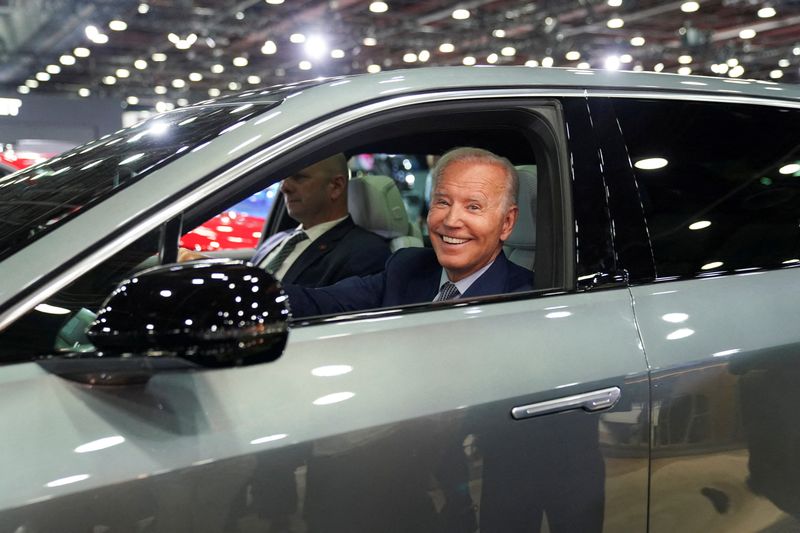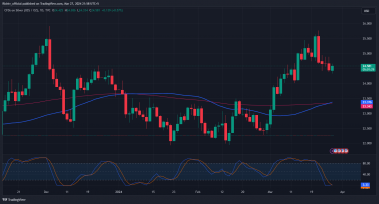According to two sources with knowledge of the situation, the US government may decide to delay providing tradable credits to electric vehicle (EV) makers under a renewable fuel scheme due to concerns about legal challenges to the proposal.
The proposal would have awarded credits to electric vehicle (EV) companies like Tesla (NASDAQ:TSLA) for charging vehicles with electricity produced from renewable natural gas or methane gathered from sources like cattle or landfills.
The U.S. Renewable Fuel Standard (RFS), which requires oil refiners to blend biofuels into the fuel they produce or purchase credits from other refiners who do, should include electric vehicles (EVs), according to a recommendation made by the Environmental Protection Agency (EPA) last year.
The majority of RFS credits are produced by blending liquid fuels like ethanol manufactured from corn into petrol. The programme would change if credits were added for electricity produced from renewable gas and then used to charge EVs.
When outlining the requirements for blending biofuels for 2023–2025, the EPA first suggested including electric vehicles (EVs) in the programme. The administration has decided to separate the two things to prevent legal objections to including EVs from delaying the release of the next RFS quotas for biofuels.
Those quotas need to be finalized in June.
The EPA stated that it was taking into account feedback from the public on the planned change from the previous year, but it was unable to further comment on whether it would exempt EVs from the June rule.
According to Timothy Carroll, EPA spokesman, “EPA staff are currently working to finalise the rule by the June 14 consent decree deadline.”
In a recent letter to the EPA, the Energy and Commerce Committee of the House of Representatives, which Republicans control, argued that the RFS was not designed to focus on electrifying transportation but rather to centre on liquid transportation fuels.
One of the main components of U.S. President Joe Biden’s climate change strategy is switching the country’s vehicle fleet to electric vehicles (EVs). The credits would have increased the Inflation Reduction Act’s billions in incentives for accelerating the changeover.
According to the November proposal, EV producers could produce up to 600 million credits in 2024 and 1.2 billion by 2025. According to EPA data, equivalent credits cost around $2.30 each in March.
The 2023–2025 mandate may have additional volume available for alternative renewable fuel pools due to the delay in the EV credit programme, including blending for renewable diesel and sustainable aviation fuel (SAF).
The administration has been urged for bigger volumes by those fuel’s producers for months.




 By:
By:





